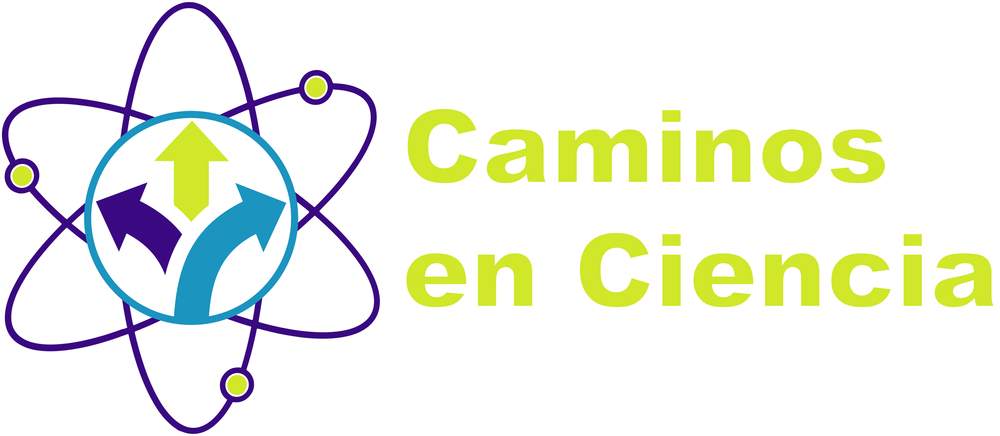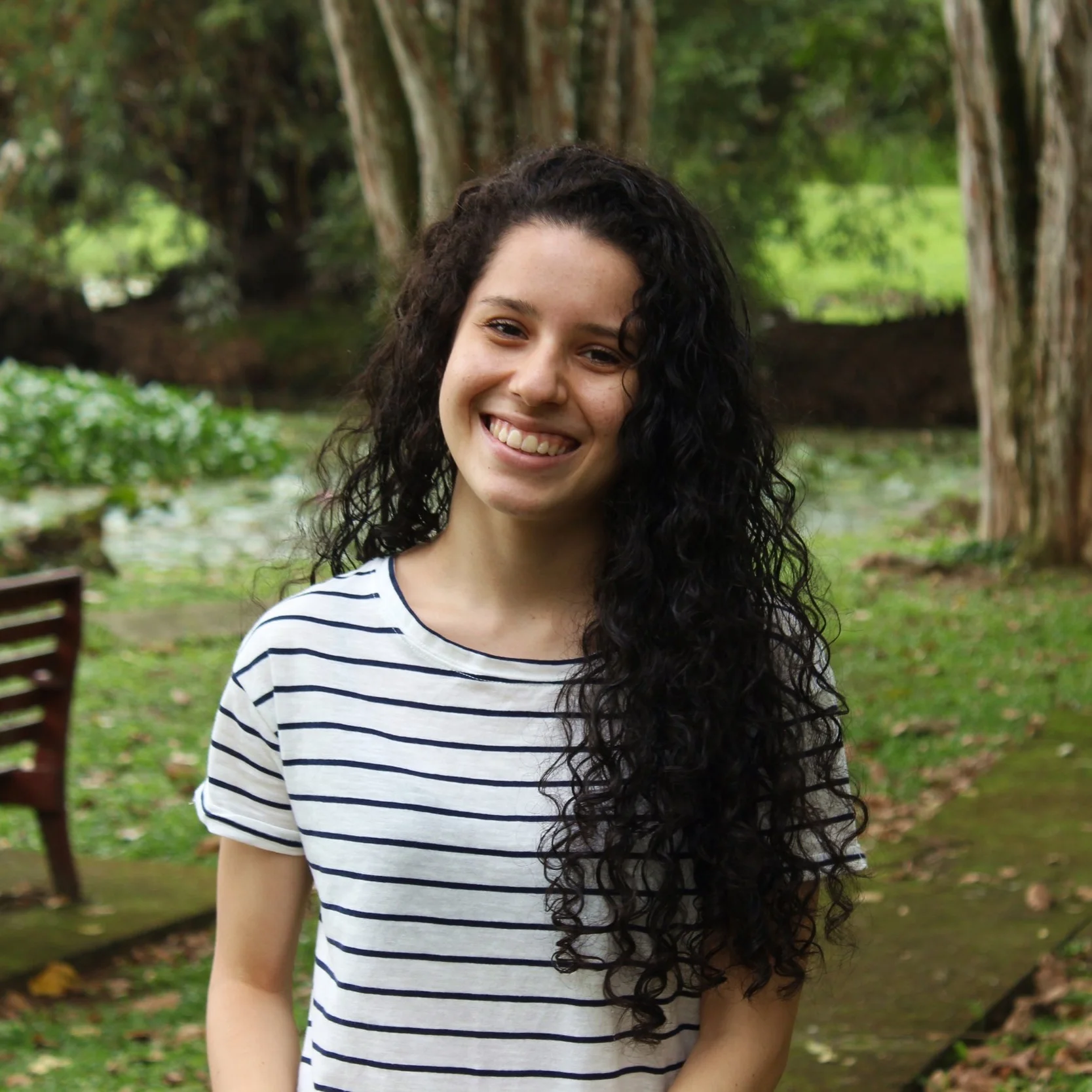“Find your voice”, that’s the advice Sandra gives to all the women that want to do great things.
Sandra Cauffman, MS - Earth Science Acting Division Director of NASA.
Sandra Cauffman was born in San José, Costa Rica, in 1962. She had a difficult childhood; she was raised in a single parent family. Her mother had to take care of her and her siblings. That’s why she took more than one job in order to be able to put food on their table. At the age of 13, Sandra’s mother got sick, so she had to start working to help pay the bills.
Sandra thinks her love for science started when she was very young; reading Jules Verne books over and over again. She still remembers the day, at age 7, when she saw the lunar landing at her neighbor’s house, and thought about how crazy it was for humans to be able to walk on that “ball that you see in the night sky”.
Years later, when applying to the University of Costa Rica, she wanted to study Electrical Engineering, but people from the university told her that the electric engineering career was for men, and that Industrial Engineering suited women best. She just did as they said and studied it for 3 and a half years. However, at the age of 21, she and her family moved to the United States, where she could finally study what she wanted: Electrical Engineering and Physics. Eventually, she started working at NASA with a small job, and nowadays, she’s the Earth Science Acting Division Director of NASA.
Sandra loves her job, specially, the moments when she can go to schools to encourage and set a path to young people that are not sure about what to do with their careers, to show them how many opportunities there are.
Even after all of this, she says her hero, inspiration and best friend is her mother. She often mentions that her mother told her to never settle and to always work hard for what she wants, no matter how hard it was.
She says she encountered some obstacles because of being a woman and Latina; people underestimated her or were disrespectful. That’s why she says we should find our voice, speak for ourselves and leave the shyness, because we do know what we are talking about if we are there.
Women in Latin America need this encouragement, to break away from stereotypes and pursue careers in STEM that were originally thought for men only. As an engineering student, her story resonates with me because I see that Latin American women can work at a place like NASA. We can do that too, and not only work there, but to have leadership or important roles; and I think this, and her perseverance to keep going no matter the obstacles, are the most important lessons that Sandra Cauffman’s pathway in science leaves us.
Follow Sandra Cauffman on social media: [Twitter] @SandraCauffman
Check out her interview in Spanish!
Special thanks to Valeria Dittel Tortós for summarizing our interview with Sandra Cauffman!
Valeria Dittel Tortós, Electromechanical Engineering student at Costa Rica Institute of Technology
From Cartago, Costa Rica


